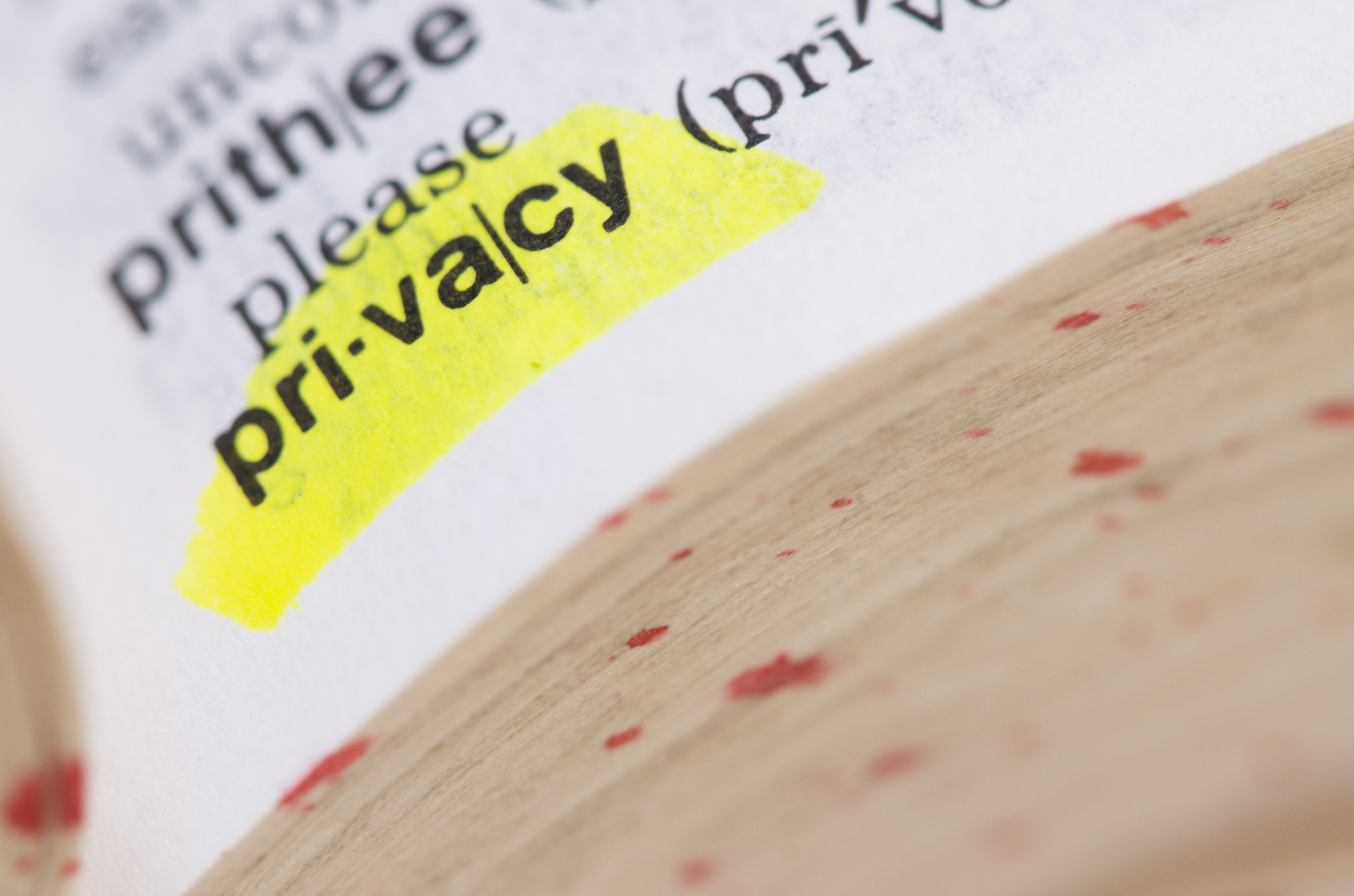Kids Online 'Erase Button' Penciled In Once Again

The smarter way to stay on top of broadcasting and cable industry. Sign up below
You are now subscribed
Your newsletter sign-up was successful
Longtime kids privacy advocates Sen. Ed Markey (D-Mass.) and Rep. Joe Barton (R-Tex.) are trying, trying again.
Markey and Barton have re-introduced their Do Not Track Kids Act, which would update the Children’s Online Privacy Protection Act of 1998 (COPPA) -- Markey was co-author of the law -- to tighten rules for collecting, using and disclosing children's personal information online, including a digital "erase" button both have long pushed for, and to extend those protections to middle schoolers and early high-schoolers.
They were joined by Sen. Richard Blumenthal (D-Conn.) and Rep. Bobby Rush (D-Ill.) in reviving the Do Not Track Kids Act, also familiar allies in their fight for stronger protections for kids online.
The bill would, among other things, extend the COPPA protections, which currently cut off at age 12, to kids 13, 14 and 15. Those teenagers could not have their personal info, including location info, collected without their consent.
It also creates that familiar "eraser button," which would allow parents to delete the personal information of their child online when it is technically feasible to do so.
“The Internet can be a child’s 21st century playground, and we need to make sure parents can keep their kids safe,” said Markey. “COPPA is the communications constitution for protecting kids online, but we need to update it to reflect the explosive growth and innovation in the online ecosystem. The Do Not Track Kids Act puts parents in control of their children’s information and contains commonsense protections for teenagers. As we see every day the implications when personal information gets hacked, I hope the least we can do is come together on a bipartisan basis to provide a privacy bill of rights for children and minors in our country.”
Related: Flashback to 2015: DMA Pans Return of Kids Do Not Track Act
Specifically, the bill would:
"Prohibit Internet companies from collecting personal and location information from anyone under 13 without parental consent and anyone 13 to 15 years old without the user's consent;
Prohibit targeted advertising to children;
"Establish a “Digital Marketing Bill of Rights for Minors” that limits the collection of personal information of minors, including geolocation information of children and minors;
"Create an 'Eraser Button' for parents and children by requiring companies to permit users to eliminate publicly available personal information content submitted by the child, when technologically feasible;
"Require online companies to explain the types of personal information collected, how that information is used and disclosed, and the policies for collection of personal information;
"Prohibit the sale of internet connected devices targeted towards children and minors unless they meet robust cybersecurity and data security standards, which are established by the Federal Trade Commission; and
"Require manufacturers of connected devices targeted towards children and teens to prominently display on the packaging of connected devices a privacy dashboard detailing to what extent the sensitive information is collected, transmitted, retained, used, and protected."
“Children and teens are prime targets of a powerful and pervasive digital data collection apparatus, that track and target them 24/7,” said Jeff Chester, executive director of the Center for Digital Democracy and one of the strongest voices for protecting children's online privacy. “Young people today require the highest possible privacy protection. The Do-Not-Track Kids Act will help ensure they are safe.”
The eraser button bill has a history of reintroductions, most recently in 2015, where it failed to gain traction. Rush and Blumenthal were on that bill as well, as they were on the 2013 version, which followed the original 2011 version.
The current climate surrounding protections of online data, or lack of them, could provide more fertile ground for boosting COPPA protections. Markey seems to think so, or at least hope so. "As we see every day the implications when personal information gets hacked, I hope the least we can do is come together on a bipartisan basis to provide a privacy bill of rights for children and minors in our country,” he said.
The smarter way to stay on top of broadcasting and cable industry. Sign up below
Contributing editor John Eggerton has been an editor and/or writer on media regulation, legislation and policy for over four decades, including covering the FCC, FTC, Congress, the major media trade associations, and the federal courts. In addition to Multichannel News and Broadcasting + Cable, his work has appeared in Radio World, TV Technology, TV Fax, This Week in Consumer Electronics, Variety and the Encyclopedia Britannica.

